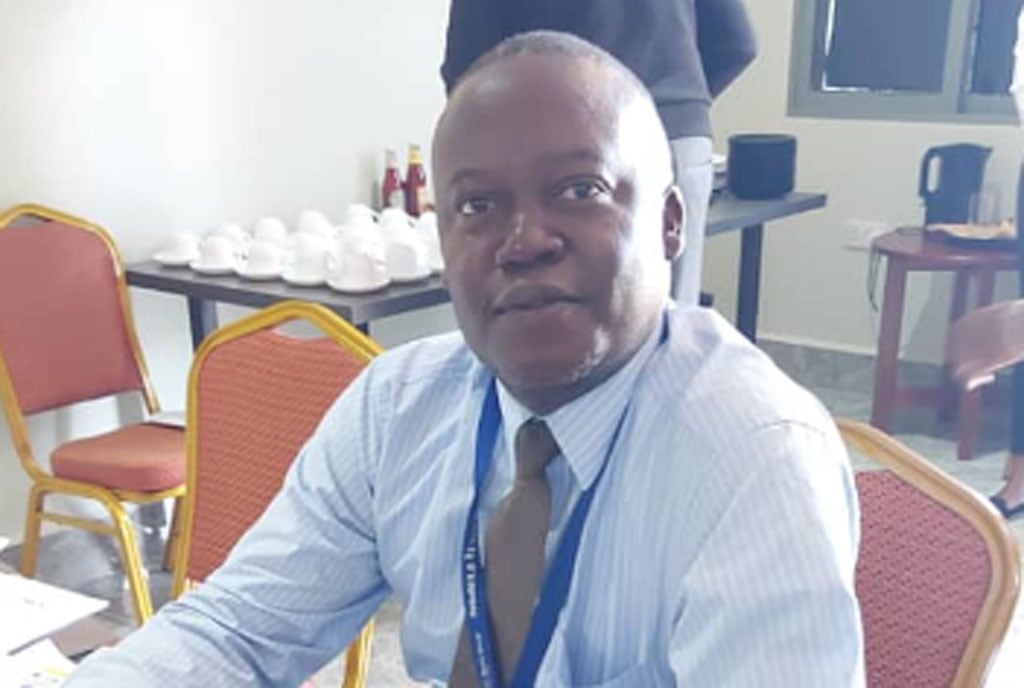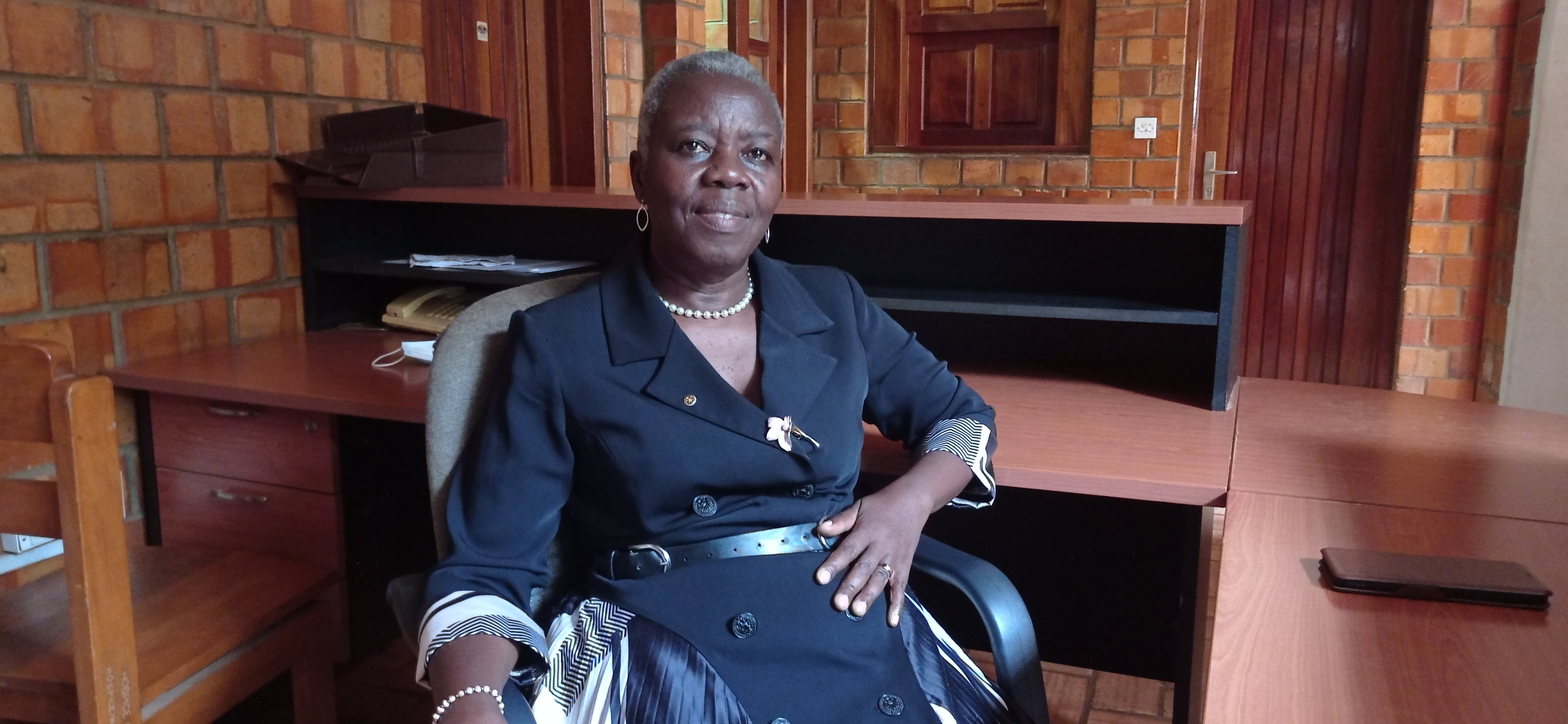Prime
Relief as Busoga gets palliative care centre

Sr. Franciline with a cancer patient at SD centre in Walukuba, Jinja City last week. PHOTO | PHILIP WAFULA
What you need to know:
- The Kamuli District Health Officer, Dr James Wako, says a number of cancer patients remain in rural areas waiting for their death.
Authorities in Busoga sub-region say the newly-acquired cancer patients palliative care centre at Walukuba East Zone, Jinja City will demystify myths about the disease.
The Kamuli District Health Officer, Dr James Wako, says a number of cancer patients remain in rural areas waiting for their death.
“There are myths associated with such recurring swellings or wounds on the human body. Some villagers hurry to believe that it is witchcraft and the SD’s homecare is bound to change the status quo,” he said in an interview on Tuesday.
The facility’s in-charge, Sr. Sid Franciline, said they often undertake outreach services to get to cancer patients, mainly in rural areas.
And during one such visit to Mayuge District, Sosi Taire’s (cancer patient) neighbour, told them that he had not seen him in public for almost a month, and since he stayed alone, neighbours presumed his reclusive nature had taken the best of him.
She said they opted to verify his condition by reaching his compound, but were met by an offensive stench from his hut that prompted them to cover their noses while fending off flies that hovered over his open wound.
“We had no option but to make our way back to Jinja with Taire and start the process of treating the wound. As a matter of fact, other patients in the ward at SD Cancer Centre moved out of the place due to the unbearable odour,” Sr Franciline said.
She added that through working with Dr Sharma Gaurav of Nile International Hospital, they managed to disinfect the wound.
Sr Franciline recounts how she left India in 2019 with $300 (about Shs1.1m) to look after poor patients in need of palliative care in the Busoga sub-region.
“The Bible, in Matthew 25: 40, states that whatever you do for others, you do unto me; so, I prayed to God to help me emulate the verse and serve for the goodness of God.”
Bishop Charles Wamika of Jinja Diocese said he was touched by the determination of the SD and contributed three-and-a-half acres of church land to establish the cancer centre.
“Many of us have had family members, relatives or friends suffer from cancer. So we know what it means in terms of financial, spiritual and moral support,” he said.
Mr Taire brought the number to 14 of other such patients admitted for specialised care at the centre.
Mr Peter Harimanya, a resident of Buvuma Islands, Buvuma District, said he sought treatment for a swollen right leg that never healed after numerous visits to Buvuma Health Centre IV.
He says the swelling prompted medics at the Uganda Cancer Institute (UCI) to carry out tests that proved it was cancerous.
Dr David Muwanguzi, a health expert, attributed cancerous growths in patients to inherited or environmental causes like sunrays, chemicals or radiation, which prompts uncontrolled cell division spreading across the body.
“These cancer cells almost run riot in the body of the patient destroying normal cells. If the situation is detected in stage I or II, the spread could be stopped by radiation therapy,” he said.
He added that in later stages, the cancer cells are wide spread and already in key body organs hence difficult to eradicate leading to death.
“In stage I, cancer cells appear small and found in one part of the body but during stages II and III, they are larger cells spread into nearby tissues plus lymph nodes. For stage IV, it is too late as the spread is distant and often impossible to stop,” Dr Muwanguzi noted.
Dr Jackson Orem, the executive director of the Uganda Cancer Institute (UCI), stated that high cancer death rates often result from limited proper care and late diagnosis.





